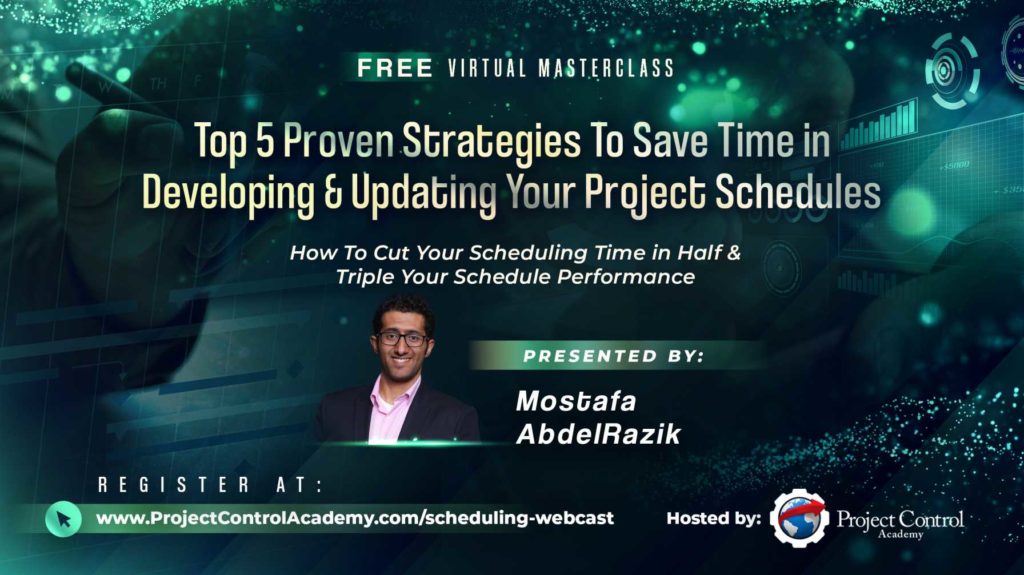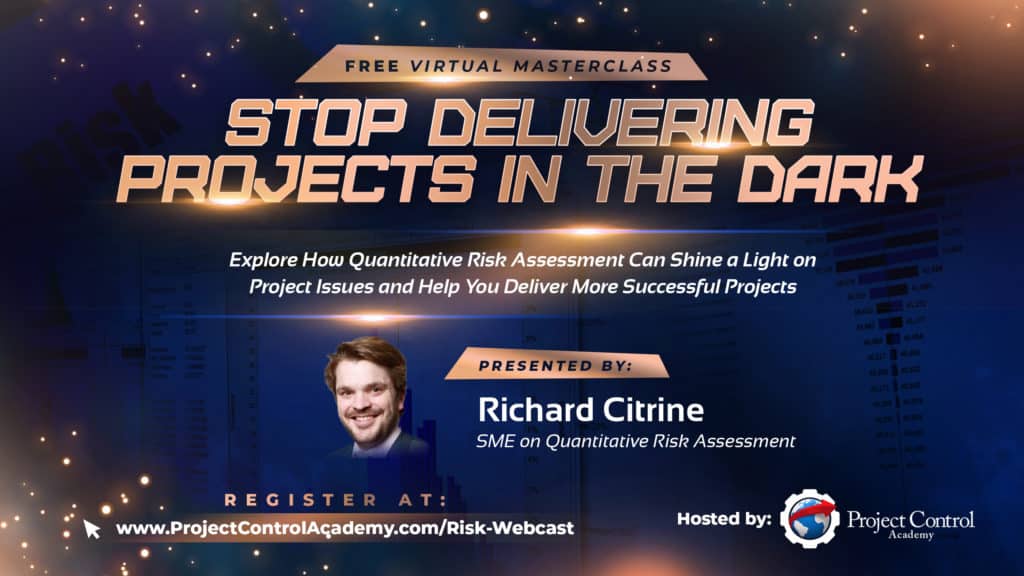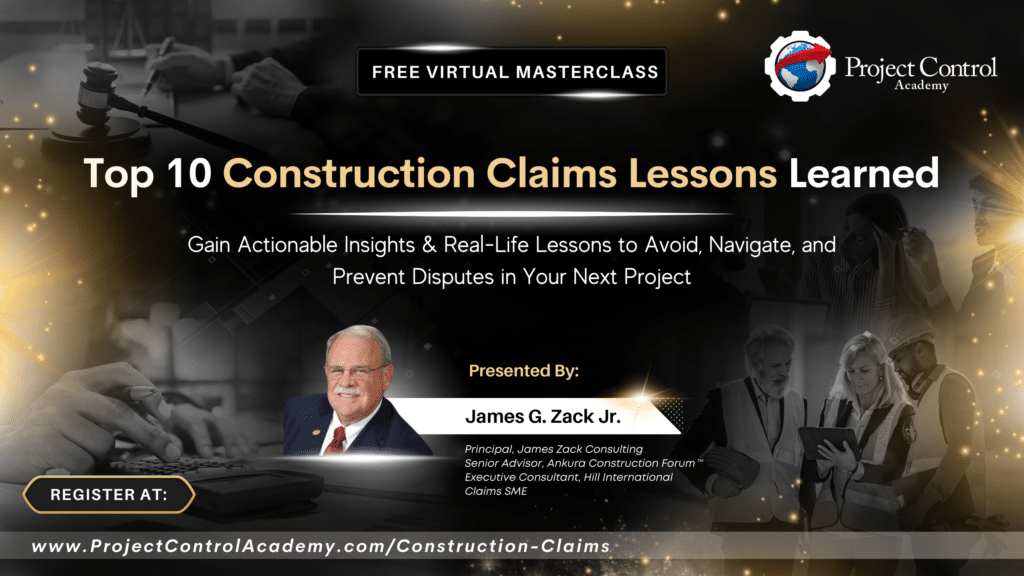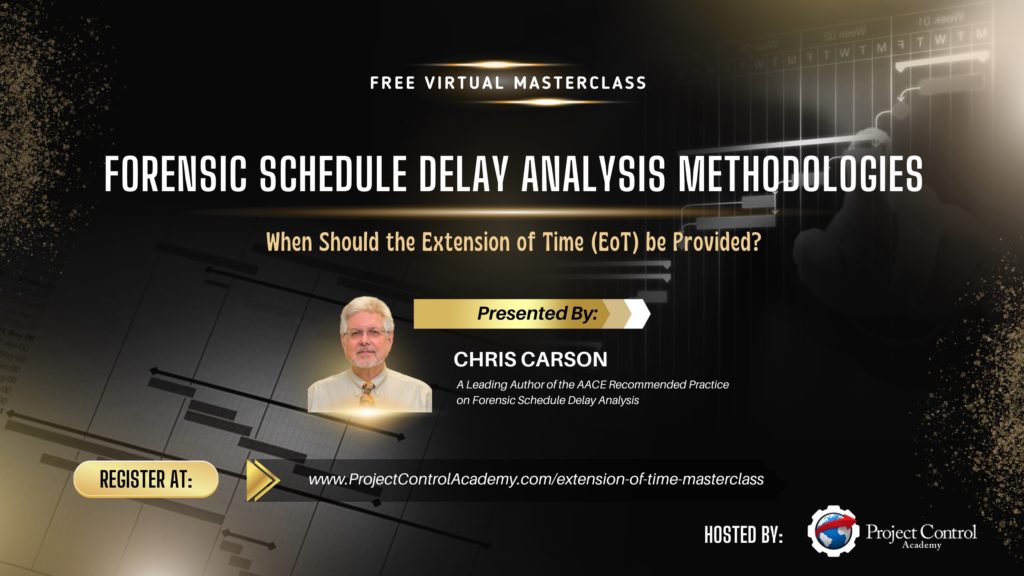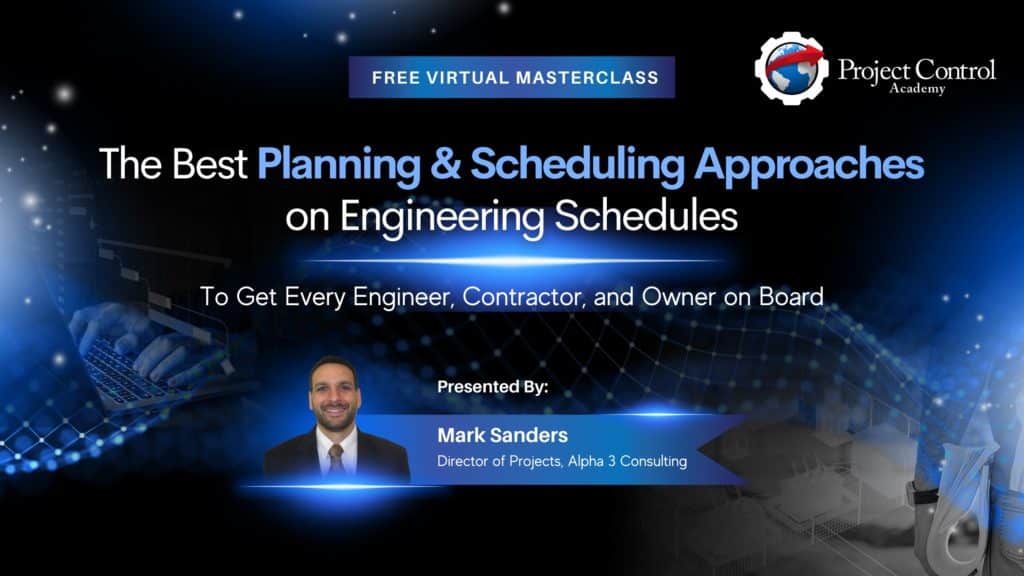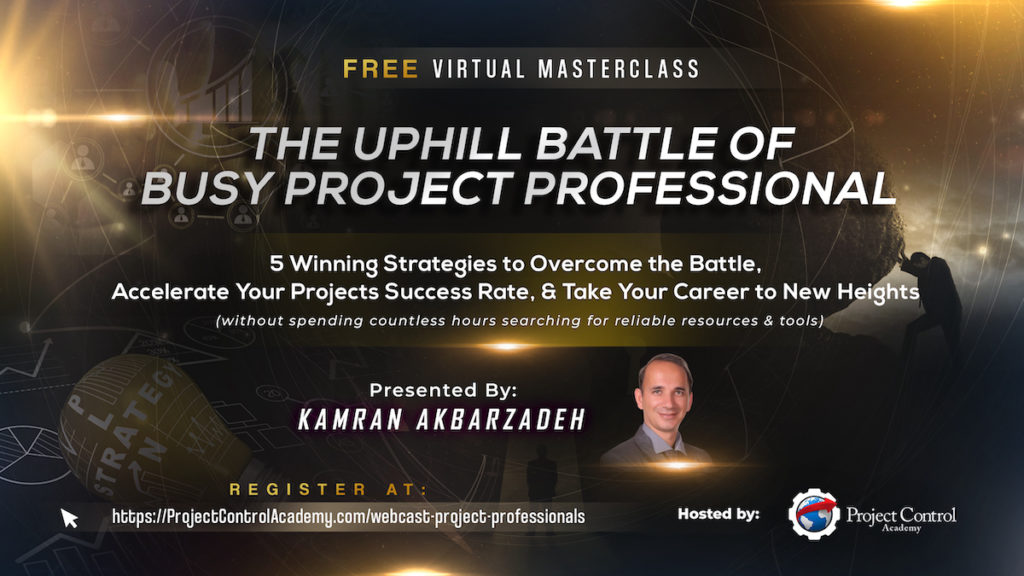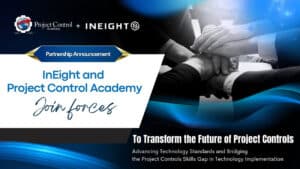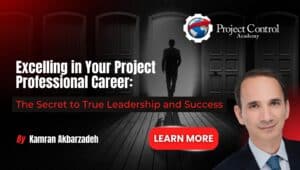Since he was a little child he was curious to know how things were built.
His dad being in construction sparked his interest in the construction career from an early age. When he was 5 years old, he was building cabinets with his dad, drilling the holes, and putting on the hinges and door pulls.
In fact, he has been in construction his entire life.
He worked in construction full-time as a laborer and labor foreman to finance his college education. He earned his Bachelors Degree in Construction Management from the University of Florida, the number one school in the country for construction education.
After graduation, despite his immense interest in construction supervision, his first job was NOT directly related to that.
He started as “Cost Engineer” at a time when there was no computer, no Excel, and no Primavera. CPM was a new manual method back then! Imagine doing everything manually using punch cards for a mainframe and plastic tape for progress curves!
He served as a Project Control Engineer and Project Controls Manager for several years. Once he got the foundation of the money and schedule side of the construction, he moved out of Project Controls and worked again in what he was most passionate about; construction. He has been in the construction field ever since.
Fast-forward 35+ years, he is now a Construction Executive at one of the top-ranked engineering design firms in the world.
I am talking about David Senko.
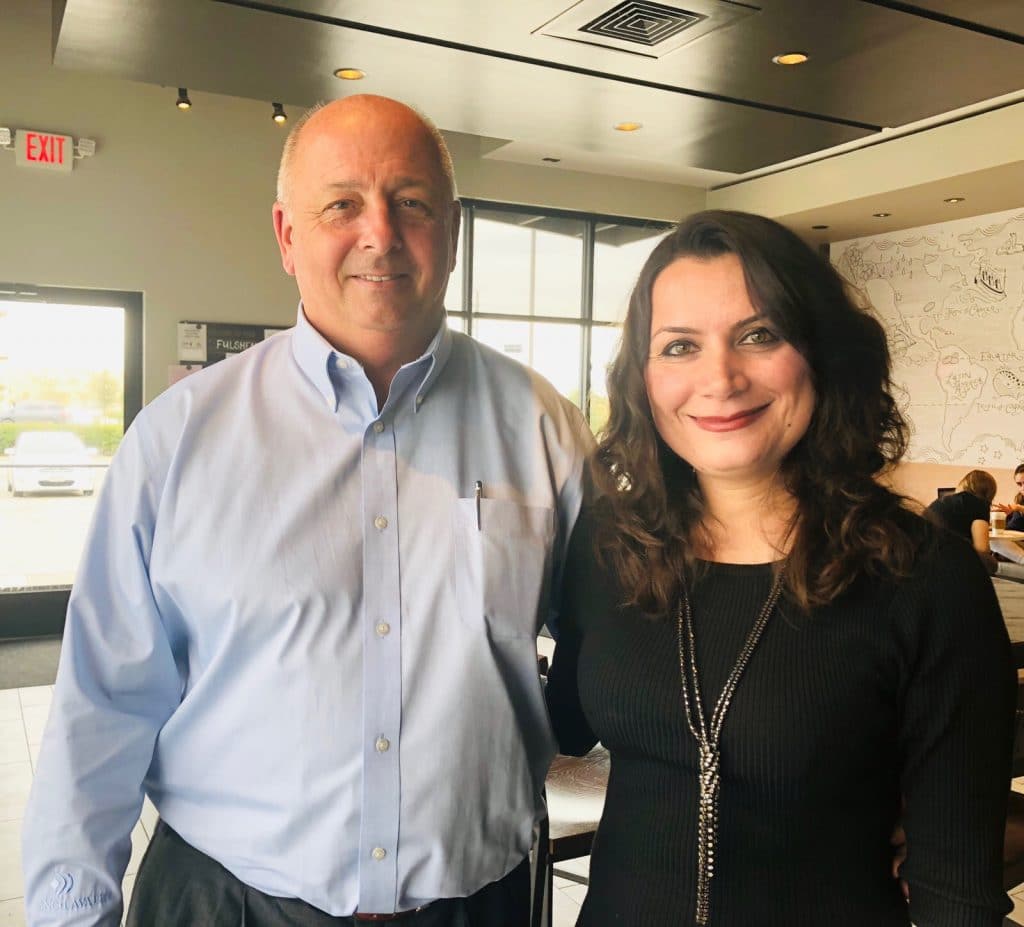
From the moment I talked to him over the phone to the time I met him in person, I was inspired by his leadership style and his kind and gentle personality. He is one of the most down to earth and inspiring leaders whom I had the privilege of working with.
Here are some of my key takeaways from the conversation with David Senko on what made him quite successful in his construction career:
1. Have Passion For Your Job
David’s accomplishments throughout the years have made him a veteran in his field. His success in his construction career is a testament of his passion and dedication towards his job. His passion for construction enabled him to climb the corporate ladder and become a successful executive as he is today.
In the interviews that I’ve done with the VPs, I found they all have one thing in common; “having a passion for their jobs.”
According to Tom Moroney, the former VP of Deepwater & Wells Technology at Shell “your career should be viewed as one part of your life’s mission. If you can’t feel the passion in your work; if you don’t want to get out of bed every morning in pursuit of your life’s work, then you’re not doing the right thing or in the right field. If you can’t feel the passion in your work, you should rethink your career, rethink your brand, and rethink your mission.”
2. Thrive on Challenges
David learned to thrive on challenges early in his life when he lost everything in a blink of an eye. At the age of 12, he experienced the most devastating life events someone can experience, the house fire and loss of a parent. He lost not only his home and everything in it, but also lost his dad shortly after due to a brain tumor. David and his family were left with no house, no money, no food…. nothing! However, he came out from ground zero; being homeless and missing about two years of school. He worked his way in construction from a foreman to now a VP of Construction! He is a true example of someone who thrives on challenges.
Being in construction is a challenging job. It’s a stressful, mobile, and inconvenient job. However, David thrives on the challenges he faces every day in his job.
As a current VP of Construction, David admits that it’s a challenging role to be in. He oversees the construction staff, resources, tools, and systems globally within the company. From the functional perspective, he is responsible for about 1,200 staff; to make sure they are qualified to do what they are assigned to, to match their skill sets to the workforce requirement, and to ensure they are developing in their construction career.
Although his job as a VP is not an easy task, he enjoys the lack of monotony in it. He loves the dynamic nature of his job and how yesterday’s issues are different from the ones he experiences today. His job is never boring according to him, and that’s where he actually thrives on.
When I asked him how he copes with the challenges on a daily basis, he said “I thrive on challenges just knowing that no matter what we plan for tomorrow, we’re going to be blindsided by something that we didn’t think of but we’re going to use our skills and experience to address that, whatever it is. And it’s amazing what comes up every day, but you just have to think back to your experience and apply whatever is needed to address it.”
I believe the biggest growth lies in how we thrive on the challenges that come our way. Don’t ever stay at a job solely out of convenience or comfort. Aim higher, challenge yourself, jump off the deep end and learn to swim. This is how you can grow, blossom, and become who you were meant to be.
3. Finish the Unfinished
The most exciting part of David’s job is not only being able to address the challenge that comes in but also the fulfillment of being able to finish the unfinished, especially in the construction industry. It’s like starting with a blank piece of land and then suddenly at the end of the day, you see a structure that you helped put up until everything has been completed and it becomes operational and being utilized. That’s the most rewarding part of a construction career.
When asked what his noble accomplishment was throughout his career, he was quick to recall that he had was able to finish a couple of tough jobs including finishing a project 90 days early and improving the safety program for a company. This resulted in something very positive. A great deal of money was saved, and most importantly, safety was improved, and profits were increased.
Finishing the unfinished is also defined by Marcia Wider, America’s Dream Coach, as one of the important prerequisites in achieving your dreams.
I believe finishing the unfinished is the key to success. When you start something, whether it is a book, a business, a career, or a dream, don’t get sidetrack by either other opportunities or when things get tough. Go through the zone of discomfort and unknown and finish the race successfully. Finish the unfinished.
4. Build What Matters
As the VP of Construction at SNC Lavalin, David takes pride in their corporate slogan, which is, “Build what Matters.”
If we’re building new refineries, new power plants, or new bridges, it’s always going to be something that has a positive impact on the community, the industry and the company. It should always tie back to what matters.
According to SNC Lavalin’s President & CEO, finding innovative answers to the question: “how can we optimize our activities’ economic, environmental and social benefits for all stakeholders?” allow us to create long-term value. It also motivates us always to strive to do better.
The company motto of “Build What Matters”, fits along with David’s personal demeanor. He always wants to make an impact by doing what really matters and not just because of the paycheck.
5. Never Cut Any Corners, Especially in Construction
Considering the length of service in the construction field he is exposed to, David captured quite a lot of lessons learned. When I asked him about his biggest career lessons, the first thing that he addressed was never cutting any corners, especially in construction.
He said “years ago, we used to have a lot of accidents. More so than now, we had fatalities; we had lost time accidents routinely. We had the ambulance on the site. Not every day but many, many days. It was a common occurrence.”
He continued by saying that he went through a bad experience at the site. He used to have the mindset that “Let’s get the job done, I don’t care what it takes. If you get hurt, then we’ll get somebody else to replace you.” It was until an accident happened to one of his close friends under his supervision. Since then, he realized the disruptive impact of cutting corners and not following safety procedures.
Now, he is ultra safety conscious. He will quit getting the job done if he knows it is unsafe. “The industry has come a long way in the safety area, but I like to think I am ahead of the curve”, he said.
6. Adhere to Your Work Ethics Even if It Costs Losing Your Job
Another big career lesson for David was adhering to his work ethics. He has been in situations where his work ethics were being tested. However, in those situations, he instantly quit his job.
He admits that quitting his job due to ethics was not an easy decision considering the family he had to support. However, a lot of his co-workers and clients thanked him for standing up for what was right. The appreciation that he received gave him further encouragement that he had definitely done the right thing. Although it was a tough time, his reputation was kept intact, and he became more trusted and well respected.
According to David, “Your reputation is everything in the workplace; it can’t be bought; takes years to establish . . . . yet can be lost in a split second”.
Doing the right thing can make or break you. For David, doing the right thing and adhering to your work ethics is truly essential.
7. Stretch Yourself & Your Team
As a leader dealing with different levels of expertise, David’s leadership style is to support his team in doing what they do and give them stretch assignments. The feedbacks such as “You’re the best supervisor I’ve ever had because you give me stuff I didn’t think I could do,” are the proof of his great leadership manner. He pushes his team to do a little more than they think can do which eventually helps them along the way. They end up doing more than what they thought was possible.
David’s advice to young professionals is “stretch yourself.” Do not settle with doing the same thing that you’re comfortable doing; you’re going to be good at that one thing but not anything else. If you don’t step out, you’re not going to grow. He continued by saying that these days, the best staff resources are the ones that have been working in several companies, exposed to different ways, means, and methodologies. So diversify your expertise and stretch yourself and your team to achieve an outstanding result.
David believes that as long as you are doing something, you should do it well. David’s dad told him as a child… “Dave, I really don’t care what you will be when you grow up . . . you can be a ditch-digger if you want, but if you are going to be a ditch-digger, you better be the best ditch-digger that there is”. This attitude toward work has been the staple of David’s life; as a husband, father, in sports, and as he progressed in his career.
8. Get Trained and Acquire a Good Mentor
David advises young professionals to get trained and be open to learning from the industry experts. “Learn from their mistakes, so you don’t have to make them”, he says. As a mentor for three organizations, he knows the importance of having a good mentor to pave the right path for you and provide you the guidance that you need. He recommends building your network with people that can help you get to where you want to go because you can’t get there by yourself alone.
9. Build Your Network
Another advice that David has for young aspiring professionals is to build your network strategically. Find people who are knowledgeable and befriend with them. Once you find those people, who can help you grow professionally, connect with them because you will need them to get to the direction that you’d want to go.
According to David, “you can’t go to school and get a Masters or Ph.D. to go up the corporate ladder. It doesn’t work that way. You need to have the right relationship with people to be able to get support along the way.”
In summary
A construction’s executive’s job isn’t easy, but as David’s interview showed, it’s quite rewarding. If you take any of these tips from leading construction expert, David Senko, you will be one step closer to being successful in your career. Even if you feel like you have a sound footing in your career, there is always work to do. Make sure you have the passion for your job, thrive on challenges, finish the unfinished, build what matters, adhere to your work ethics, stretch yourself and your team, get trained, and develop your network. This is how you can truly flourish in your career.
About the Author, Shohreh Ghorbani

Shohreh is a licensed project management professional (PMP) recognized by Project Management Institute (PMI) and holds a Master of Science in Industrial Engineering.
Connect with Shohreh via Facebook, Linkedin, Instagram, YouTube



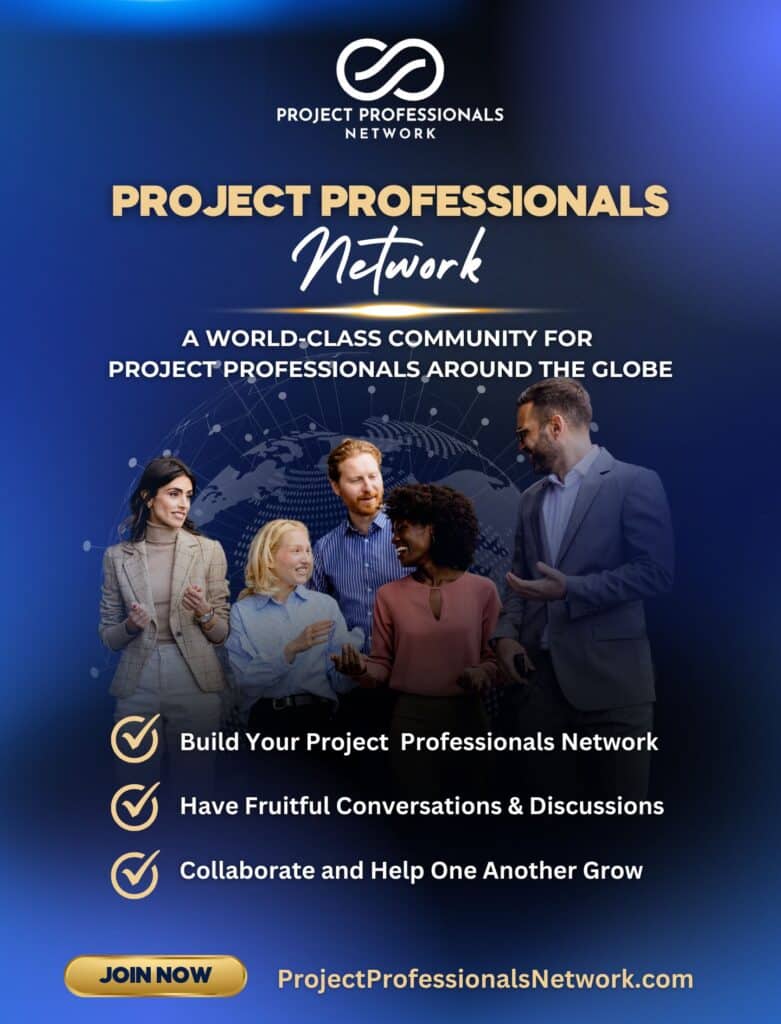
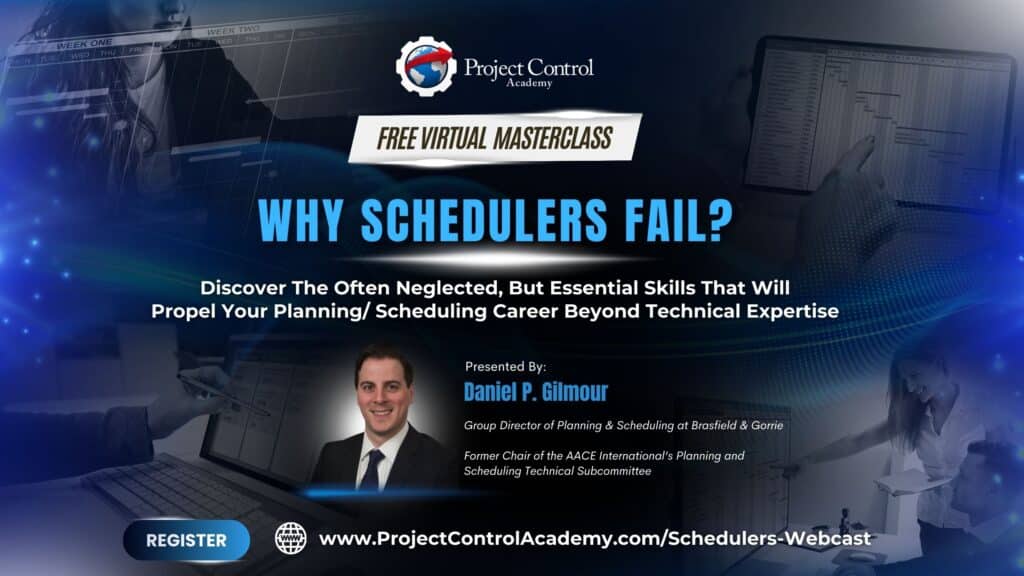
![[Free 90-min Masterclass] The Ultimate Leadership Recipe for Project Professionals](https://www.projectcontrolacademy.com/wp-content/uploads/2024/08/4-1024x576.jpg)


